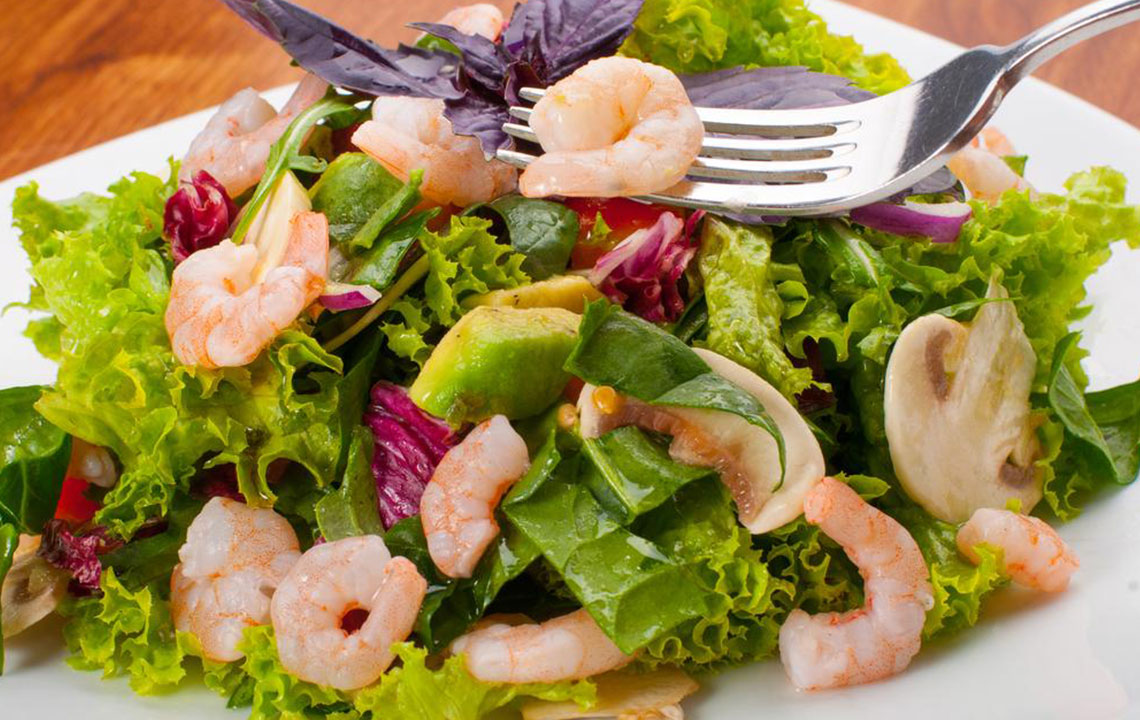Effective Dietary Tips to Relieve Acid Reflux Symptoms
Discover effective dietary strategies to control acid reflux, including choosing low-fat, high-fiber foods, avoiding triggers, and adopting lifestyle changes. These tips can ease symptoms and promote digestive health. Consulting a healthcare professional for personalized guidance is recommended.

Nutrition Guidelines for Managing Acid Reflux
Acid reflux occurs when stomach acid backs up into the esophagus, often due to a weakened lower esophageal sphincter (LES). Food choices play a vital role in controlling acid levels and symptoms. Proper nutrition can help manage gastroesophageal reflux disease (GERD), a chronic condition characterized by frequent reflux.
Including these foods in your diet can help ease discomfort:
Vegetables
Vegetables such as green beans, broccoli, spinach, cauliflower, potatoes, and cucumbers are low in fat and sugar, promoting lower acid production and relief from reflux.
Adding ginger, which has natural anti-inflammatory effects, can reduce stomach acidity and soothe digestion. Use fresh ginger in meals or smoothies for symptom relief. Opt for fiber-rich foods like oatmeal, whole-grain bread, and brown rice to absorb excess acid. Non-citrus fruits such as melons, bananas, apples, and pears generally cause fewer reflux issues. Lean proteins like chicken, turkey, and fish are easier on the stomach; avoid fatty egg yolks. Include healthy fats from avocados, nuts, and olive oil, while steering clear of trans and saturated fats that can worsen reflux. Bananas may help, but reactions vary individually.
Implementing simple dietary and lifestyle habits can greatly reduce acid reflux symptoms:
Switch to low-fat, high-protein meals with lean meats, avoiding rich sauces and fried foods.
Eat smaller, more frequent meals instead of large portions to prevent stomach overload.
Chew slowly and avoid overeating; taking breaks before feeling full limits acid production.
Identify and reduce trigger foods like coffee, tea, alcohol, citrus, tomatoes, chocolate, mint, fatty foods, onions, and garlic.
Refrain from lying down immediately after meals; elevate your bed by 4-6 inches to minimize nighttime reflux.
Stop smoking, as it worsens reflux and impairs healing.
Avoid fried and greasy foods that relax the LES and trap stomach acid, intensifying symptoms.
If unsure about which foods are suitable, consult your healthcare provider. Personalized dietary advice can help manage acid reflux effectively, as reactions may differ between individuals.


